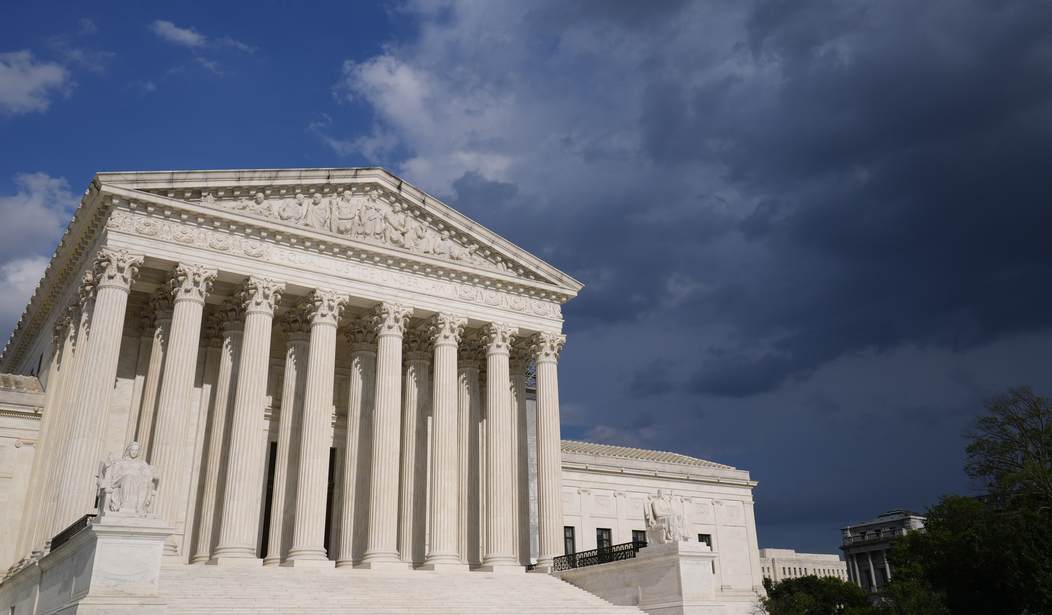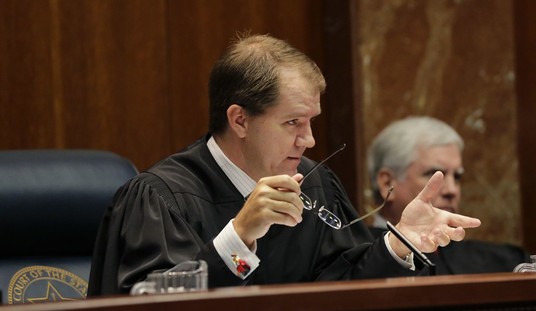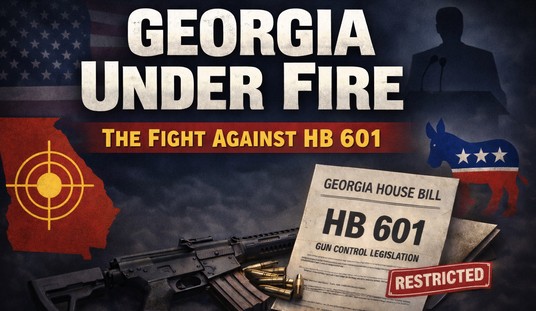After the Supreme Court invalidated the AFT's administrative ban on bump stocks a few months ago, hopes were high that SCOTUS would be equally skeptical of the agency's rule treating unfinished frames and receivers like they're completed firearms. But during oral arguments on Tuesday, even some of the more conservative justices appeared willing to defer to the agency's latest interpretation of the regulation.
Several of the court’s conservatives – and all of its liberals – appeared skeptical of the notion that the kits are geared toward a tradition of gunsmithing hobbyists. Chief Justice John Roberts, in particular, brushed off the idea that building a gun kit was equivalent to someone working on a classic car.
“Drilling a hole or two, I would think, doesn’t give the same sort of reward that you get from working on your car on the weekends,” Roberts said to the lawyer representing the kit manufacturers. “My understanding is that it’s not terribly difficult for someone to do this.”
... Conservative Justice Samuel Alito posed several questions signaling skepticism over the idea that a collection of unassembled parts can be considered a gun.
“Here’s a blank pad and here’s a pen, all right? Is this a grocery list?” Alito asked holding up a pad in the courtroom. “If I show you – I put out on a counter some eggs, some chopped up ham, some chopped up pepper and onions, is that a western omelet?”
US Solicitor General Elizabeth Prelogar, representing the Biden administration, noted that a pen and pad could be used for any number of things – not just a grocery list – and the ingredients could be used to make other dishes. The difference here, she said, is that the ghost guns are marketed to be built into guns and serve no other conceivable purpose.
Justice Amy Coney Barrett, a conservative who is a key vote in this case, jumped in to change Alito’s hypothetical.
“Would your answer change if you ordered it from HelloFresh and you got a kit and it was like turkey chili, but all of the ingredients are in the kit?” she said, referring to the food kit delivery service.
Prelogar said her answer would change in those circumstances. It's an odd analogy, given that people who purchase a meal kit don't necessarily have to follow the recipe (or make a palatable turkey chili even if they did), but it was also an example of the deference many of the justices showed to the DOJ and its interpretation.
Pete did one hell of a job today in his first SCOTUS oral argument.
— Kostas Moros (@MorosKostas) October 8, 2024
Unfortunately, he had a very tough audience. I think that this Court is likely to reverse the Fifth Circuit. That said, a split decision is still possible, and sometimes oral argument can be misleading. We'll…
I agree that Pete Patterson did a great job representing the plaintiffs. He was in command of the facts and wasn't thrown by any of the questions asked of him. I just think that many of the justices may already have been leaning towards deferring to the ATF before he even had a chance to speak.
As Moros said, there were a couple of exchanges that bode well for Second Amendment advocates when it comes to bans on semi-automatic firearms, even though VanDerStok isn't a lawsuit that deals with prohibitions on so-called assault weapons.
The government says AR-15s are obviously designed for semi-automatic fire, not full auto. Says the ATF has never suggested or thought otherwise
— Firearms Policy Coalition (@gunpolicy) October 8, 2024
Of course, if the Supreme Court doesn't grant cert to Snope v. Brown later this fall then those asides and the government's contention that it doesn't believe AR-15s are "readily converted" to full-auto will be mostly moot.
Based on nothing more than the questions posed during oral argument, I unfortunately have to agree with Moros that SCOTUS is likely to reverse the Fifth Circuit and uphold the ATF's rule treating unfinished frames and receivers as if they're completed firearms. How the Court explains that decision, if they do indeed side in favor of the DOJ, however, is going to be critical. Will this be a narrowly tailored decision, as we previously saw in Rahimi, or will SCOTUS open the door to further abuses by the ATF?
I hope that I'm wrong about what the justices will do with VanDerStok, but I have a sneaking suspicion that the emotional arguments used by the Solicitor General that the Fifth Circuit's decision has led to a huge surge in criminals building their own unserialized firearms left an impression on Roberts, and perhaps Barrett and Kavanaugh as well. The justices seemed less interested in exploring the limits of the ATF's authority in crafting new legislation under the guise of regulation than they did in trying to justify the agency's actions, and I can't help but believe that doesn't bode well for the outcome when SCOTUS releases its decision, which is likely to come in the next couple months.









Join the conversation as a VIP Member